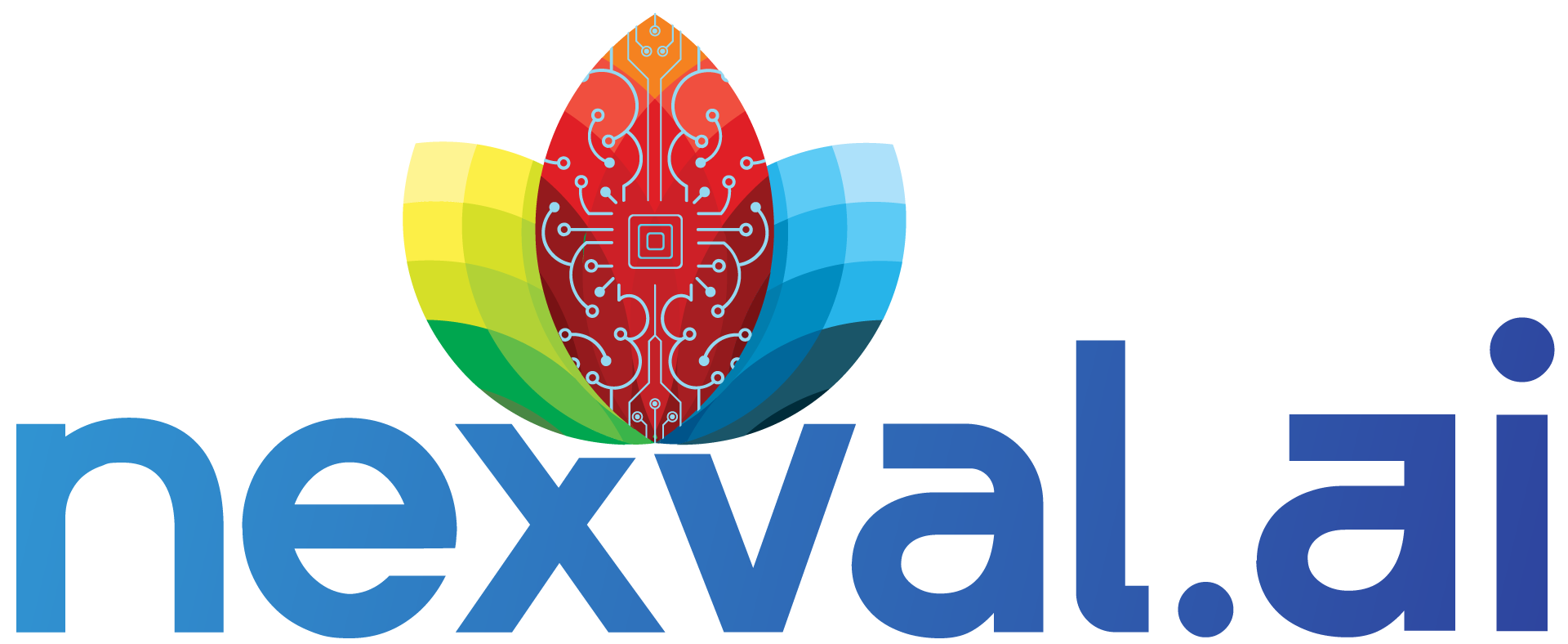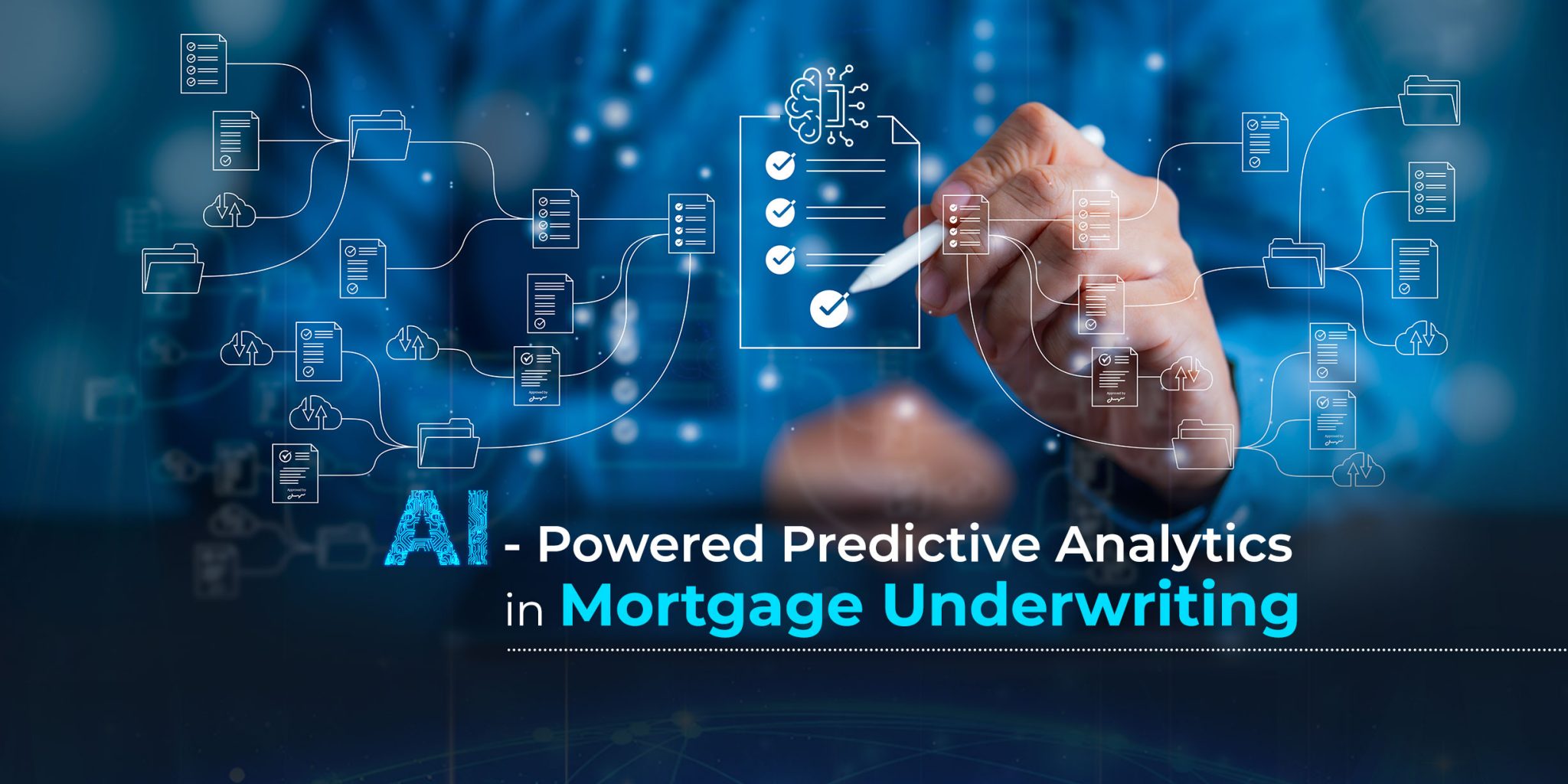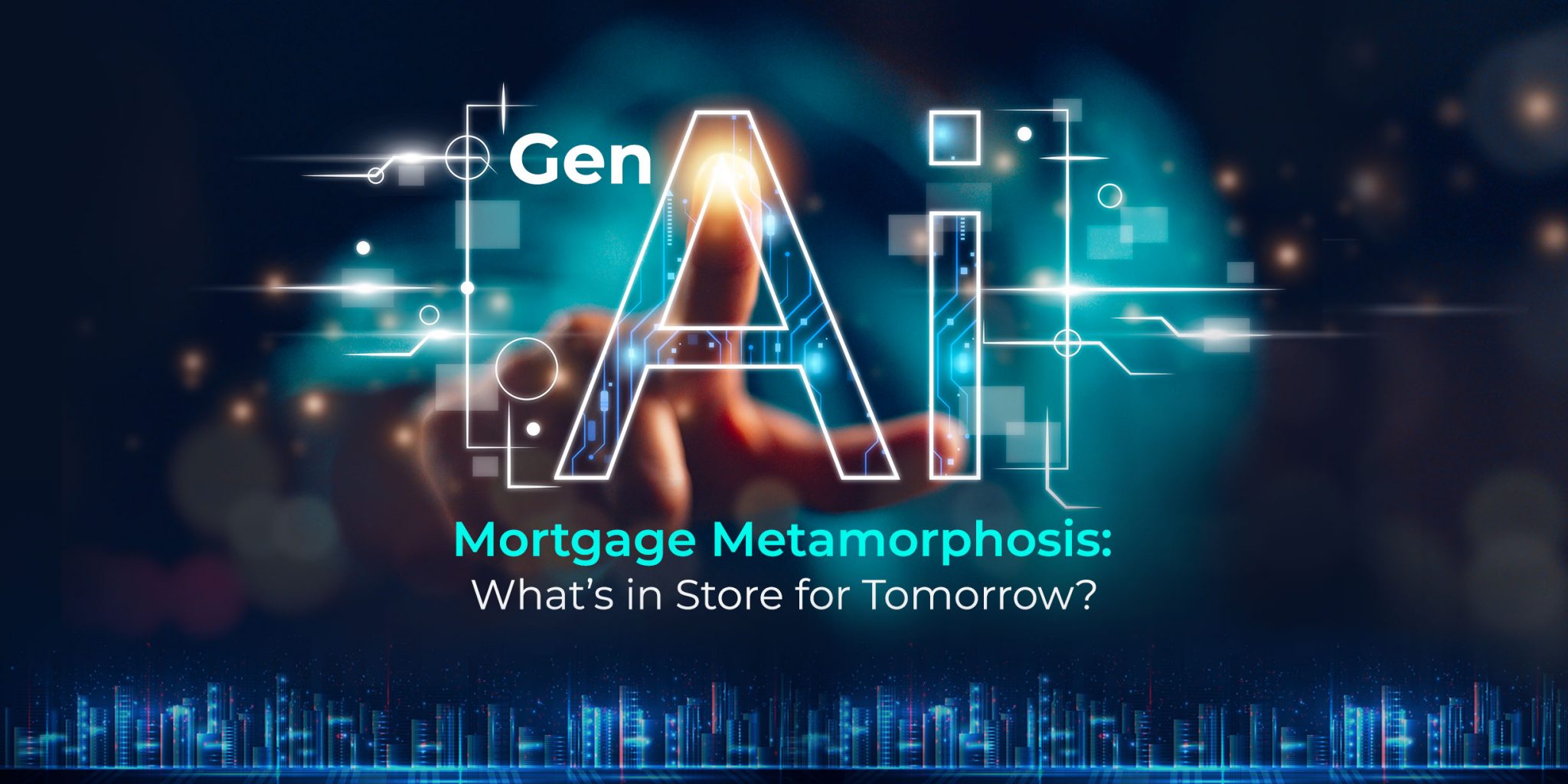Artificial intelligence is bringing about a radical transformation in the financial services sector and nowhere is it more apparent than in mortgage underwriting. AI’s ability to ingest and process huge volumes of multivariate information makes it far more powerful than even the most experienced and knowledgeable underwriter.
While human judgment remains key, AI has introduced an unprecedented degree of automation and augmentation. It’s no surprise, therefore, that 65% of lenders are acutely familiar with AI, and the benefits it can unlock for their business. However, one important challenge remains – driving AI adoption.
Despite industry-wide awareness of the growing need for AI transformation, only 7% have deployed it within their current mortgage processes including both underwriting and mortgage loan servicing. This means that businesses are losing out on potential gains, even as financial services become increasingly more technology-driven.
Read more: The Rise of Generative AI: Transforming the Tech Landscape
How Does Predictive Analytics in Mortgage Underwriting Work?
Predictive analytics, also known as propensity modeling, is the science of leveraging historical data to identify and measure the possibilities of future events.
To take a simple example, based on previous information and customer behavior patterns, one might reasonably predict that when someone in their 30s gets married, they tend to purchase a house within three years. Therefore, analytics can help anticipate first-time home buyer trends and allow lenders to prepare their mortgage underwriting processes accordingly.
Interestingly, predictive analytics is not a new technology and has actually been around for a long time. Modern predictive modeling dates back to the 1940s, when data was first used to forecast future events and changes in customer behavior, financial risks, and market conditions.
As hardware and software technology evolved over the years, machines became better equipped to process data without relying on manual calculations. Then, since the 1990s and the 2000s, explosive digital adoption led to high volumes of data generation from prospective home buyers – all of which would eventually feed into mortgage underwriting processes and analytics models.
Indeed, modern data generation has far surpassed what traditional analytics systems could consume, necessitating the use of artificial intelligence or AI.
Read more: Gen AI Mortgage Metamorphosis: What’s in Store for Tomorrow?
Unpacking AI-Powered Predictive Analytics in Mortgage
Artificial intelligence (AI) is a leapfrog advancement in data analysis and automation that allows machines to understand and act on data that was previously comprehensible only to human beings. For example, AI allows data engines to understand natural languages, images, and objects. This has far-reaching impacts on the mortgage sector – say, for document management.
AI has two major advantages when compared to traditional models. One, it can process raw or big data. From screenshots and photographs to social media and file metadata, AI can convert all types of information into a machine-readable format. Two, it can process data at scale. Instead of a few spreadsheets or SQL tables, you can feed gigabytes or even terabytes of information into modern AI engines. For instance, ChatGPT was trained on approximately 570 GB of data sets.
When it comes to predictive analytics for mortgage underwriting, AI opens up infinite possibilities. It can predict the likelihood of borrower acceptance, credit risk levels, and market fluctuations with significantly more accuracy than conventional statistical tools.
Further, thanks to machine learning, AI-driven predictive analytics only gets better with time. It can learn from the decisions and outcomes resulting from previous prediction cycles, to become iteratively more accurate with repeated use. This also significantly reduces the pressure of model maintenance. Rather than having to update statistical algorithms every time there’s a new trend or event (e.g., the rise of Generation Z), AI can self-teach new correlations to maintain the accuracy of mortgage underwriting processes.
Read more: How will Individual Artificial Intelligence Impact the Mortgage Industry?
AI Predictive Analytics Use Cases in Mortgage Underwriting
By employing AI-powered predictive analytics in mortgage underwriting processes, lenders can unlock a plethora of benefits:
- Pre-approved loan offers: AI can predict, with incredible accuracy, which of your existing customers may be pre-approved for a mortgage. It can automatically reach out to potential borrowers, engage with them using chatbots, and complete loan disbursal with zero intervention from human executives.
- Lending to economically disadvantaged groups: Traditional models may draw broad conclusions about mortgage eligibility, which could exclude economically disadvantaged groups. AI predictive analytics can look at parameters other than, let’s say formal college education when making underwriting
- Risk assessments for small and new businesses: Commercial real estate (CRE) mortgages can be difficult to acquire for small or new businesses with limited credit histories. AI predictive analytics could level the playing field for such entities, also unlocking new business for mortgage lenders.
- Income verification from unconventional sources: Home buyers today may present a variety of income sources during the mortgage underwriting process, including unconventional ones like capital gains from cryptocurrency or fluctuating income from freelancing. AI predictive analytics is well-suited for data analysis in such unusual cases, while also minimizing risk.
- Selecting fixed rate vs. adjustable mortgages: Choosing between different mortgage rates can be difficult and the wrong decision can negatively impact both the lender and the home buyer. AI predictive analytics could factor in larger, more diverse datasets to make a recommendation with greater accuracy.
Read more: What Is Decision Intelligence and How Can It Impact the Mortgage Industry
Navigating the Ethical and Technical Complexities of AI
Artificial intelligence, whether in mortgage loan servicing or underwriting, signals a paradigmatic change in your operations. Not only do you require a strong foundation of data capabilities and interconnected systems, but you also need to be prepared for a culture shift that results from the reduction of reliance on human work and judgment. At Nexval, we help today’s leading lenders navigate accelerating digital transformation and come out on the winning side.
Speak with our experts to learn more.


